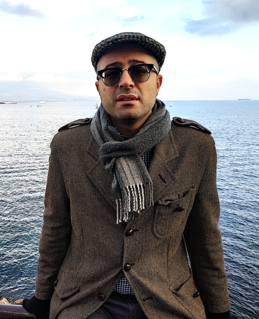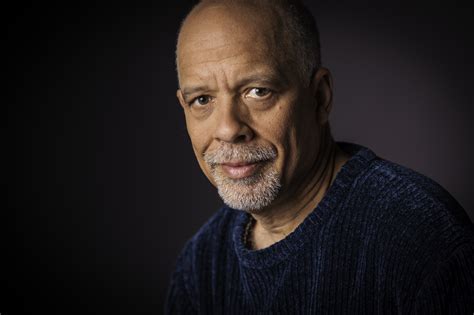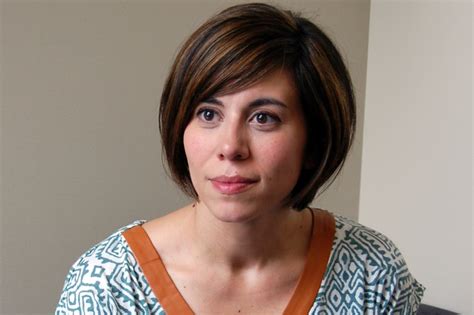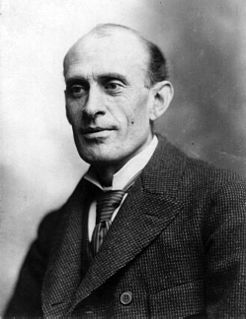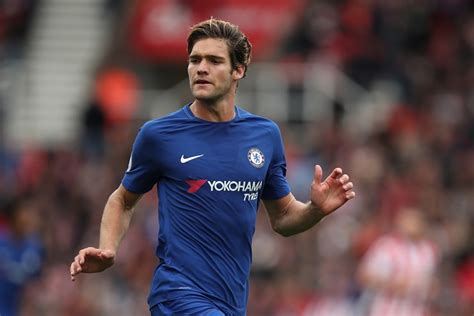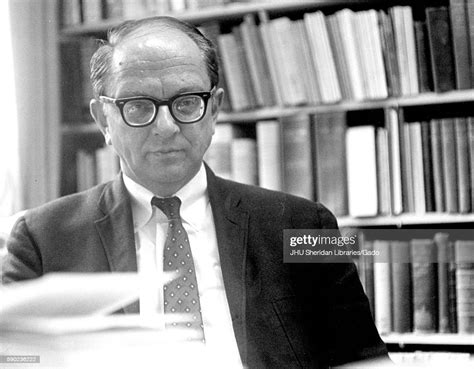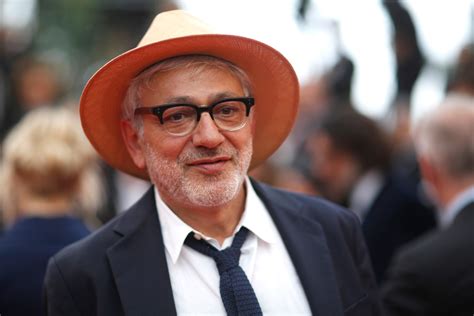A Quote by Gene Tierney
I used to annoy my father by telling him how much I felt luck was with me.
Related Quotes
Someone asked me...how it felt and I was reminded of a story that a fellow townsman of ours used to tell--Abraham Lincoln. They asked him how he felt once after an unsuccessful election. He said he felt like a little boy who had stubbed his toe in the dark. He said that he was too old to cry, but it hurt too much to laugh.
When you showed someone how you felt, it was fresh and honest. When you told someone how you felt, there might be nothing behind the words but habit or expectation. Those three words were what everyone used; simple syllables couldn't contain something as rare as what I felt for Sean. I wanted him to feel what I felt when I was with him: that incredible combination of comfort, decadence, and wonder; the knowledge that, with just a single taste of him, I was addicted.
I didn't know until high school that I was interested in writing in any real way. But there was this boy that I had a crush on, and I used to tell him all the time what I felt about him. Finally he gave me a blank journal and said to write it all down - and it didn't take me very long to realize how much I loved writing.
I still remember how my father used to wake me up at 4 A.M. and make me study. He also used to take me for a walk and then always dropped me to school. I was very disciplined, as my father inculcated those values in me. Now that my father is no more, I understand that you should not take your parents for granted.
I wondered what my father had looked like that day, how he had felt, marrying the lively and beautiful girl who was my mother. I wondered what his life was like now. Did he ever think of us? I wanted to hate him, but I couldn't; I didn't know him well enough. Instead, I wondered about him occasionally, with a confused kind of longing. There was a place inside me carved out for him; I didn't want it to be there, but it was. Once, at the hardware store, Brooks had shown me how to use a drill. I'd made a tiny hole that went deep. The place for my father was like that.
I should’ve been furious, but for some reason I wasn’t. Maybe because I knew he was telling the truth. Maybe because Voron left me just like that, without the much-needed explanations. Maybe because things I had learned about him since his death had made me doubt everything he’d ever said to me. Whatever the case, I felt only a hollow, crushing sadness. How touching. I understood my adoptive father’s killer. Maybe after this was over, Hugh’s head and I could sing “Kumbaya” together by the fire.
Don't drop him," said Peter's mother to his father. "Don't you dare drop him." She was laughing. "I will not," said his father. "I could not." For he is Peter Augustus Duchene, and he will always return to me. Again and again, Peter's father threw him up in the air. Again and again, Peter felt himself suspended in nothingness for a moment, just a moment, and then he was pulled back, returned to the sweetness of the earth and the warmth of his father's waiting arms. "See?" said his father to his mother. "Do you see how he always comes back to me?
The Time that Remains is a way of interpreting a certain ambience or emotion. These are the stories that my father told me over the course of fifteen or twenty years. I used to listen to him. From the cowardly part of my character, I'm always in fear of not telling the right story. I'm not interested in making epics.

